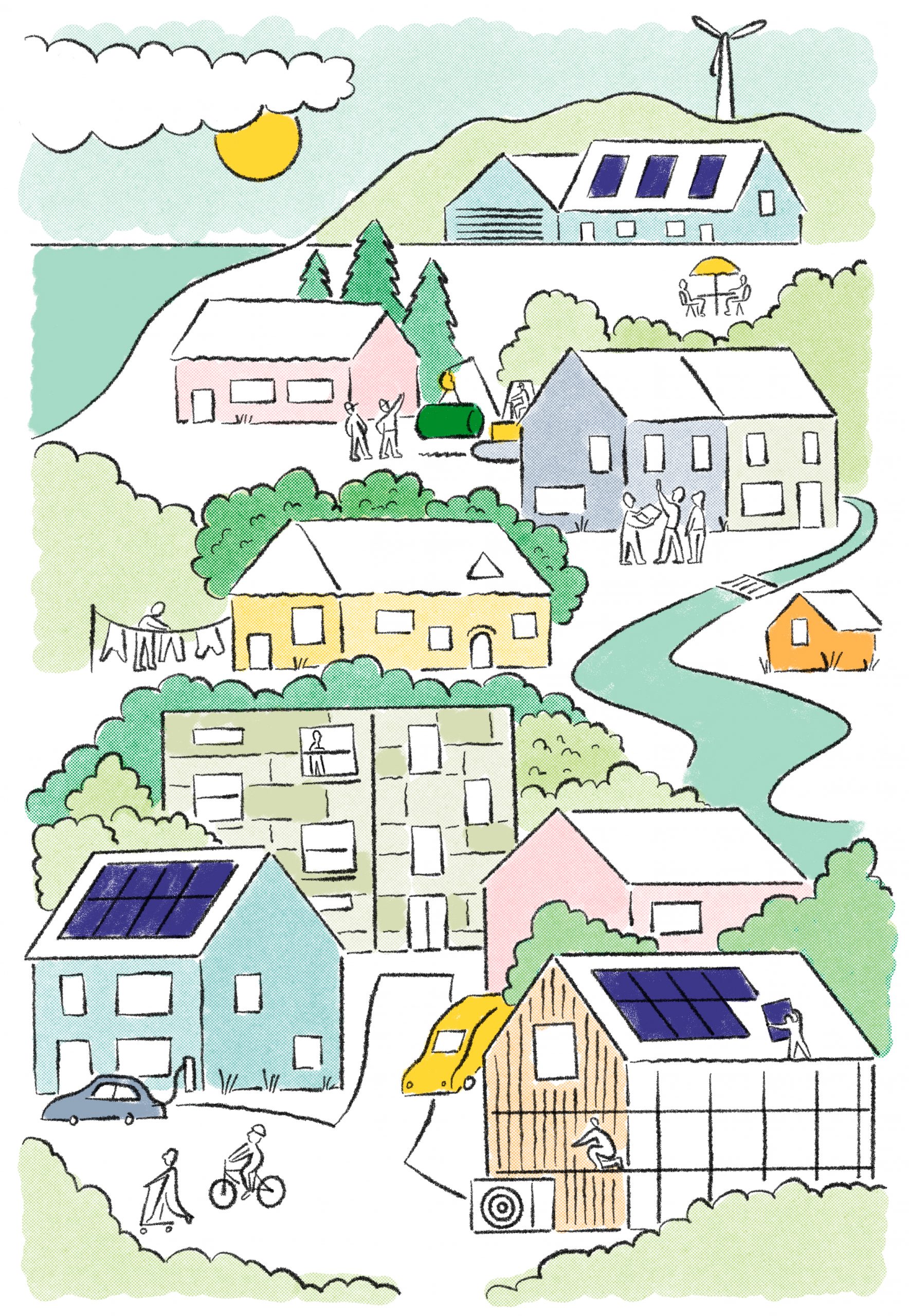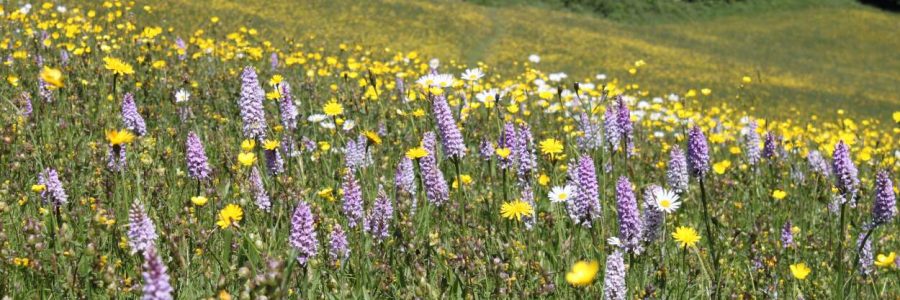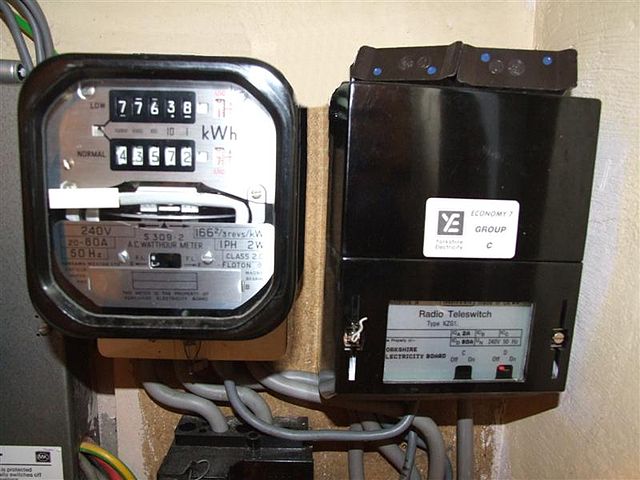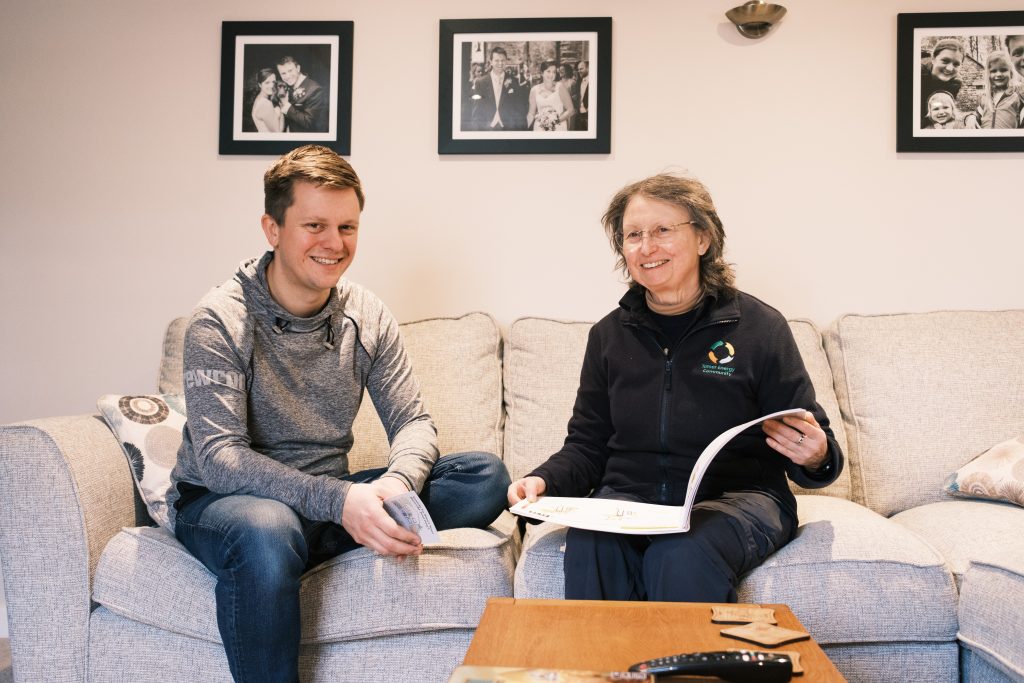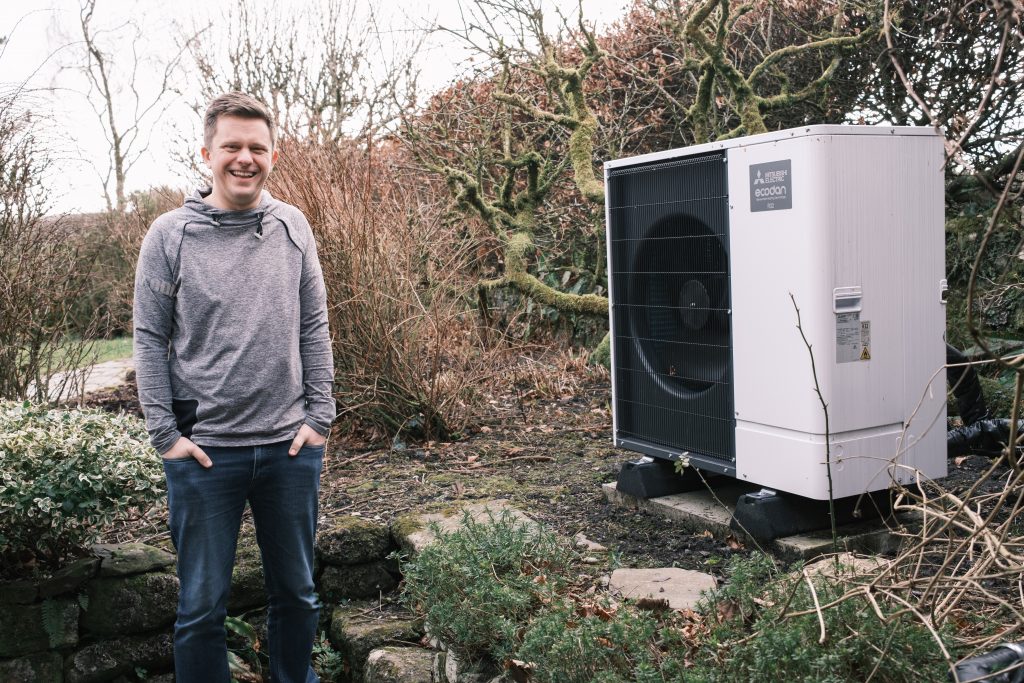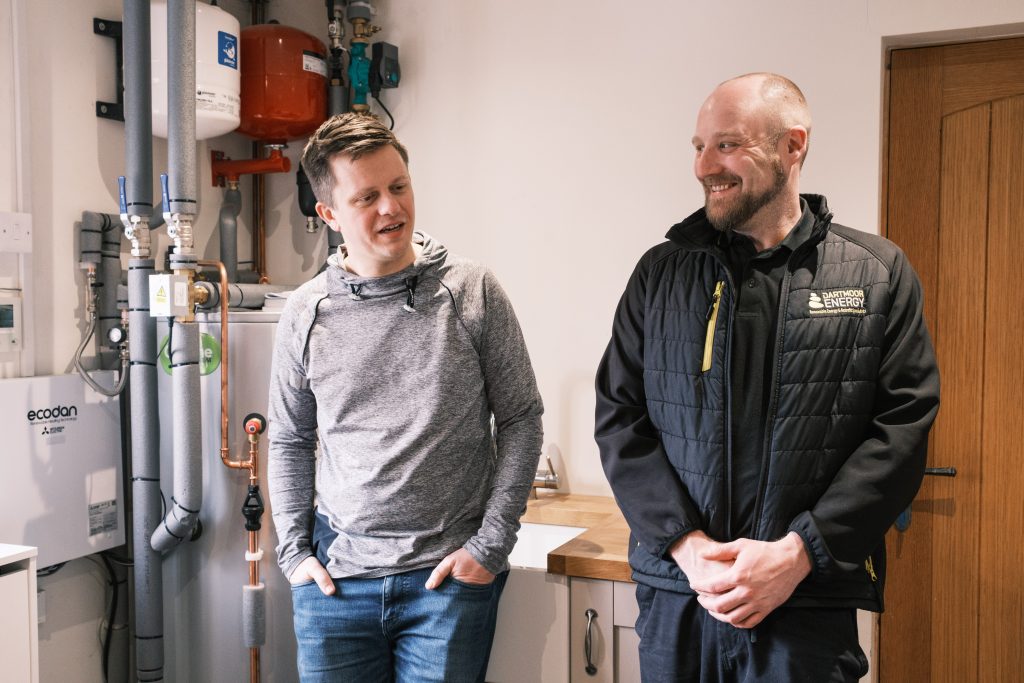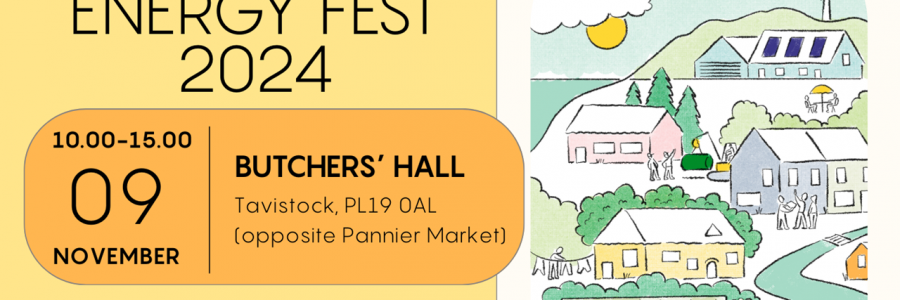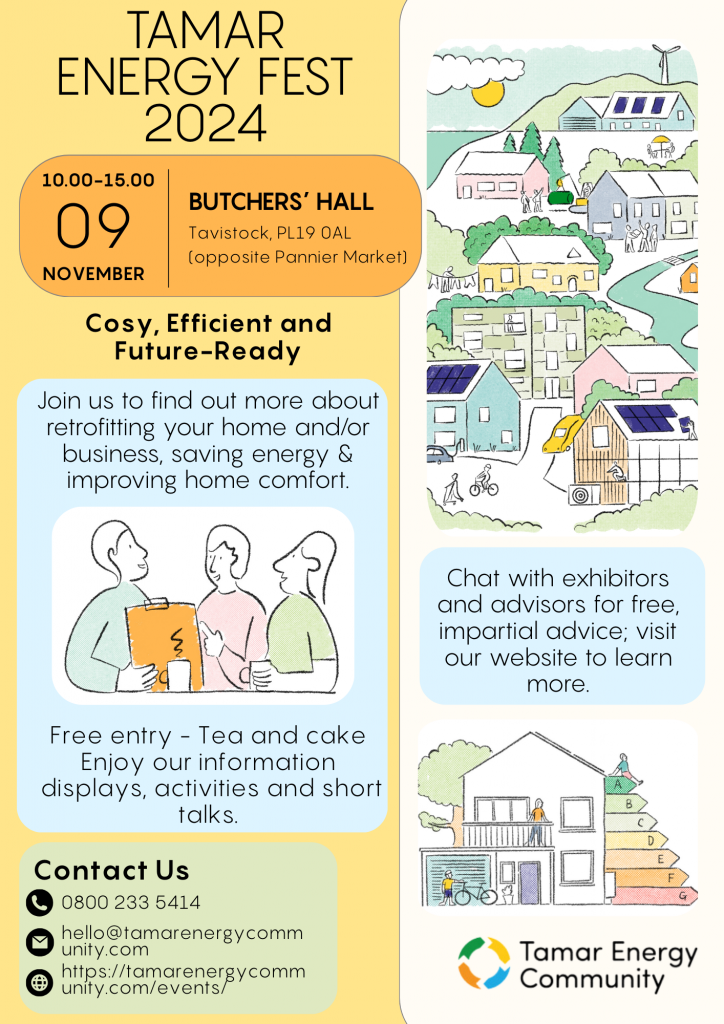From Unreliable LPG to Low Carbon Comfort
When Rob’s LPG boiler showed signs of failure, he and his family faced a choice: replace it with another LPG system or explore alternative heating and hot water options.
Their 1860s stone cottage in Lydford, Devon, with a 1970s and more recent extensions, had always presented heating challenges, and previous experiences with LPG had left them wanting change. For Rob and his wife, who both work from home several days a week, along with their young children, having reliable heating was essential.
“We had struggled with volatile pricing and supply issues with LPG. During the Beast from the East in 2018, we ran out of gas when it was obviously very cold – that was a nightmare. It happened another time too, so I was getting a bit nervous about it. Rather than spend quite a bit on a new LPG boiler, we wanted to see what else we could do.”
Finding the Right Support
When Rob’s mother-in-law, through her parish council work, mentioned their local community energy organisation, it opened up new possibilities. Despite previously receiving discouraging responses about heat pumps – one installer had dismissed the idea with a blunt ‘it’s an old house’ – Rob decided to seek expert advice.
Rob received an initial consultation with an experienced local energy advisor, followed by a comprehensive whole house survey. The detailed assessment revealed that not only was a heat pump possible, but with some targeted improvements, it could work very effectively and could even save them money on their energy bills.
Making Informed Decisions
The whole house survey proved invaluable in helping Rob’s family to make their decisions.
The report covered:
- Detailed heat loss calculations
- Radiator assessments
- Air tightness testing
- Specific recommendations for their property
- Cost comparisons with alternative heating systems
“The survey showed us how effective different types of retrofit work might be, and what the likely cost would be; things like how long the return on investment might be compared to other sources we could have had, like oil or LPG. That was really helpful.”
Rob also valued the support he received after the whole house survey, including a follow-up call with the Retrofit Assessor to go through the findings and recommendations.
“They talked us through all the different options and helped us decide on the next steps to take, as well as signposting us to local installers who could do the work. The final cost actually ended up being slightly cheaper than the initial estimate in the survey, which was an added bonus!”
A Phased Approach to Improvement
The family decided to proceed with:
- Air source heat pump installation
- Hot water cylinder replacement
- Two new radiators (most existing ones were suitable for the new system, which was a welcome surprise for Rob)
- Cavity wall insulation in the 1970s extension
“We knew we weren’t going to do all of it at once, but the survey covers lots of things so it’s handy to refer back to – it made it very clear what our options are so we could make sound decisions now and in the future.”
Transforming Home Comfort
The improvements have made a significant difference to daily life. The most notable change has been the consistency of heating throughout the house.
The family has also noticed improvements in the home’s damp issues, particularly in their living room. They now benefit from more even heating and better ventilation, creating a healthier living environment. It is also more efficient than the LPG boiler, providing more than than 3 units of heat for each unit of power it uses to run.
The costs of running the heat pump are comparable to the LPG boiler, but without the concern over the volatility of prices and supply.
“Our energy costs are certainly comparable, if not a little cheaper, and it’s good to know that it’s green energy that’s heating our home. We would also like to add solar panels at some point in the future.”
Looking to the Future
Rob’s experience shows how expert retrofit advice and in-depth assessment can open up possibilities that otherwise might be dismissed.
Despite initial skepticism about heat pumps in older properties, the right approach and supporting improvements have created a comfortable, reliable heating system for this family home.
Rob is already thinking about future improvements to enhance what they have already achieved. Solar panels with battery storage remain a possibility for the future, and the family is exploring options for better draught proofing around doors and ventilation improvements.
“We used to feel a difference in temperature going from room to room, whereas now it’s just completely constant throughout. It just makes the house feel more comfortable.”





